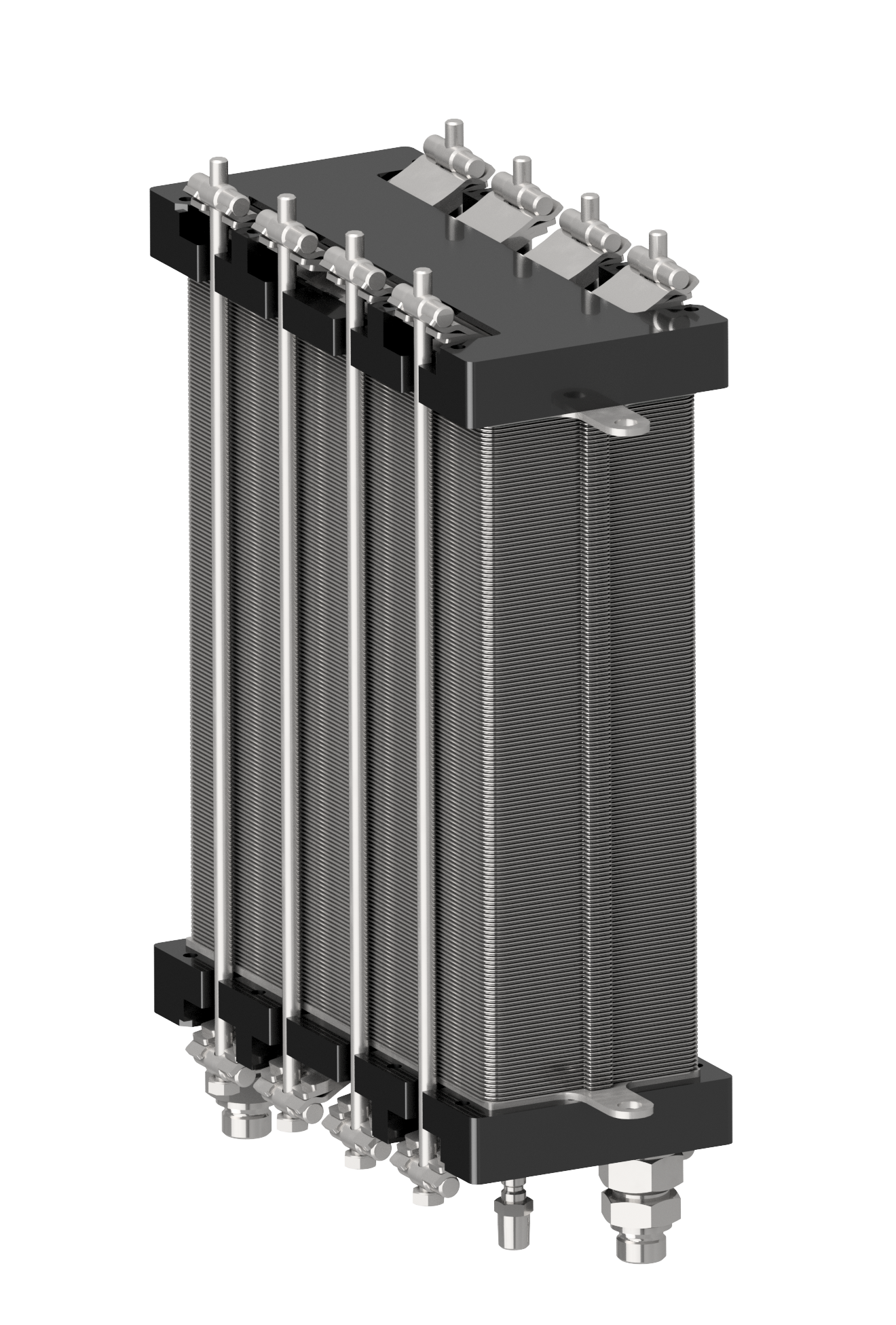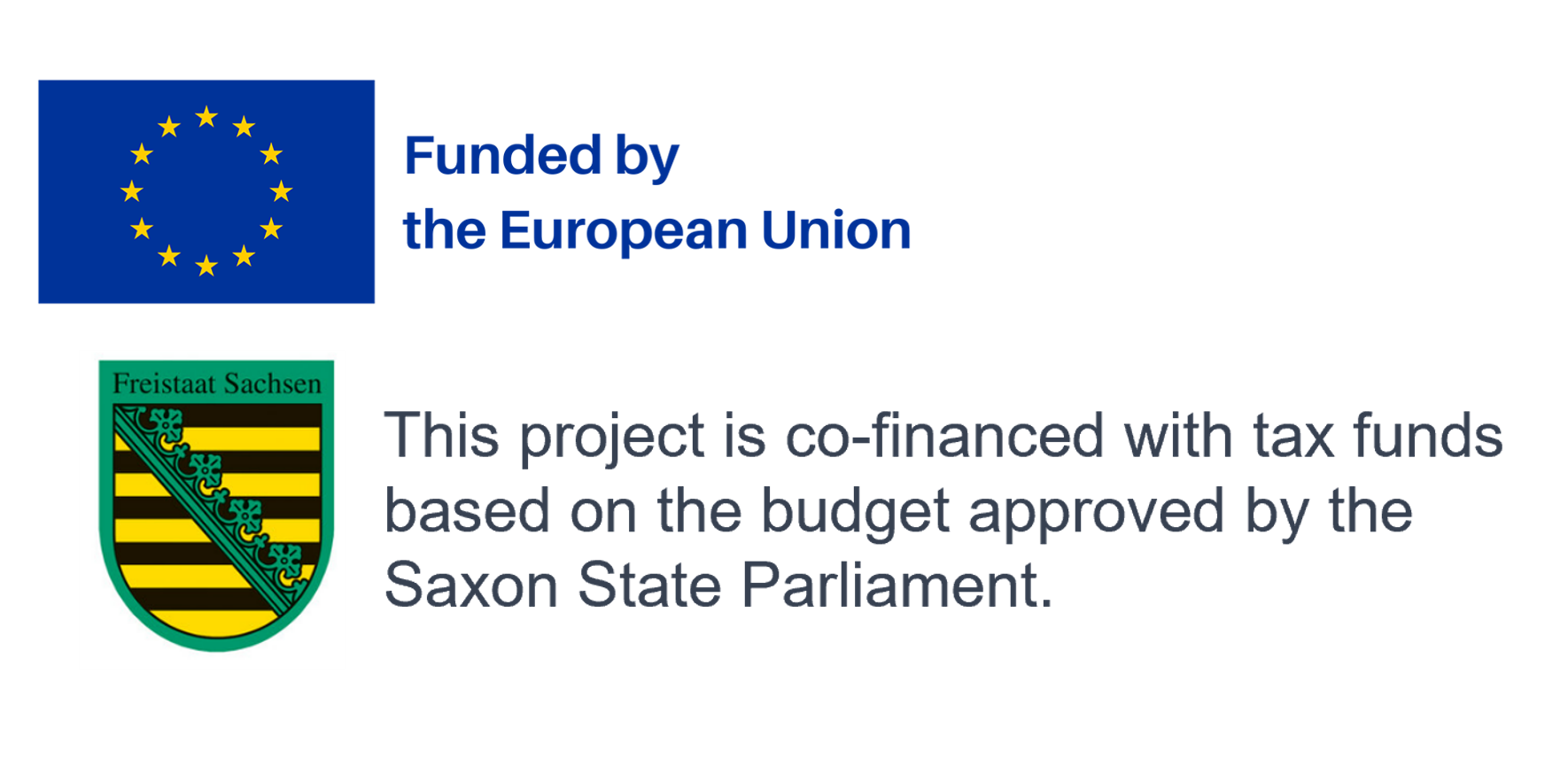“Hydrocycle” – The Motorcycle for the Hydrogen Age
If 1 kilogram of hydrogen allows for approximately 100 kilometers of range in a car, a hydrogen tank for an electric motorcycle can also fit within the limited space of its design. A more challenging task is integrating a complete fuel cell system (which converts onboard hydrogen into electrical energy) into the frame construction. A German-Czech consortium of research institutions and manufacturing companies is now taking on this challenge: By the end of 2025, they will construct a fully functional motorcycle as a demonstrator that complies with the strict European approval standards and certification requirements.



The hydrogen-powered bike aims to serve as inspiration for the future of mobility. Due to its agility and compactness, the two-wheeler is of interest to urban delivery services and package couriers. It enables CO2-neutral mobility and contributes to the reduction of noise emissions. The advantage over battery-electric solutions is in the higher range with shorter refueling times.
Division of Labor
In the Hydrocycle project, Czech partners are working on vehicle development, advancing work packages related to vehicle structure, ergonomics, and packaging (fitting the technology into the available space). German project partners are focusing on the powertrain. WätaS Wärmetauscher Sachsen GmbH is developing a new generation of fuel cell stacks as the basis for the powertrain; Fraunhofer IWU supports the development of new manufacturing technologies and the improvement of stack functionalities with the Reference Factory.H2. The Chemnitz research institute is also responsible for system dimensioning and packaging. And the IWU is in charge of ensuring a smooth interface between vehicle and fuel cell system development.
Project Background
Hydrocycle aligns with the European Union's hydrogen strategy. EU regulations envision a significant role for hydrogen from renewable sources in the transportation sector from 2030 onwards, aiming for the Union to become climate-neutral by 2050. The project partners, Fraunhofer IWU, WätaS Wärmetauscher Sachsen GmbH (Olbernhau), 1to1design (Prague), Czech Technical University (ČVUT, Prague), and ÚJV Řež (Husinec), are responding to a call for joint Czech-Saxon projects in the sustainable mobility and transportation systems for people and goods sector.

 Fraunhofer Institute for Machine Tools and Forming Technology
Fraunhofer Institute for Machine Tools and Forming Technology